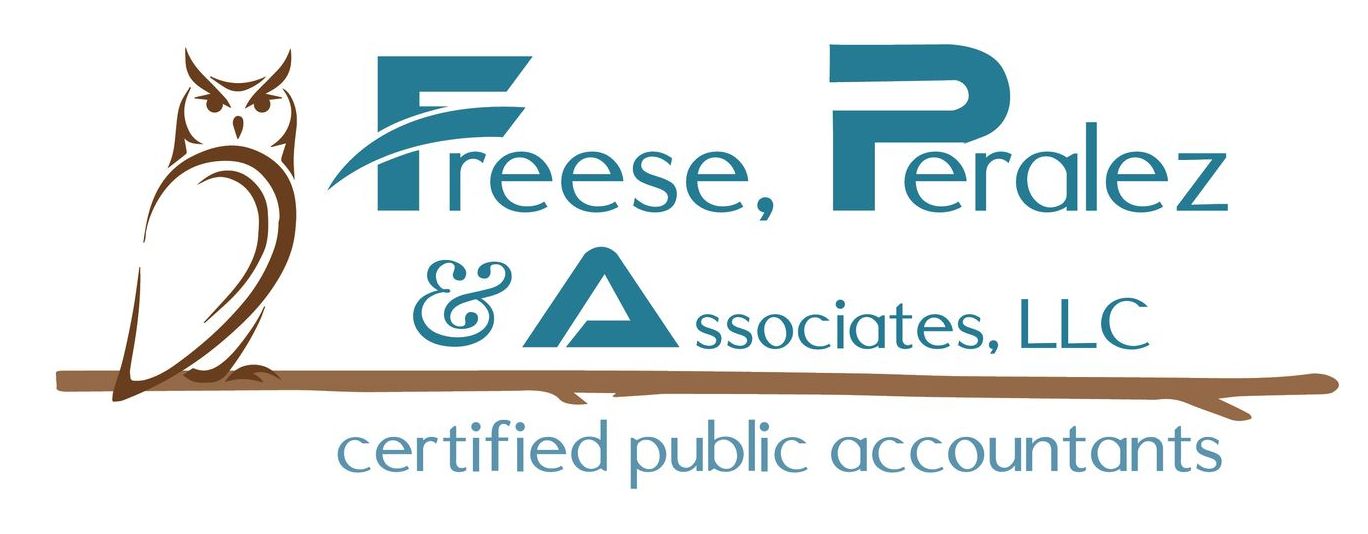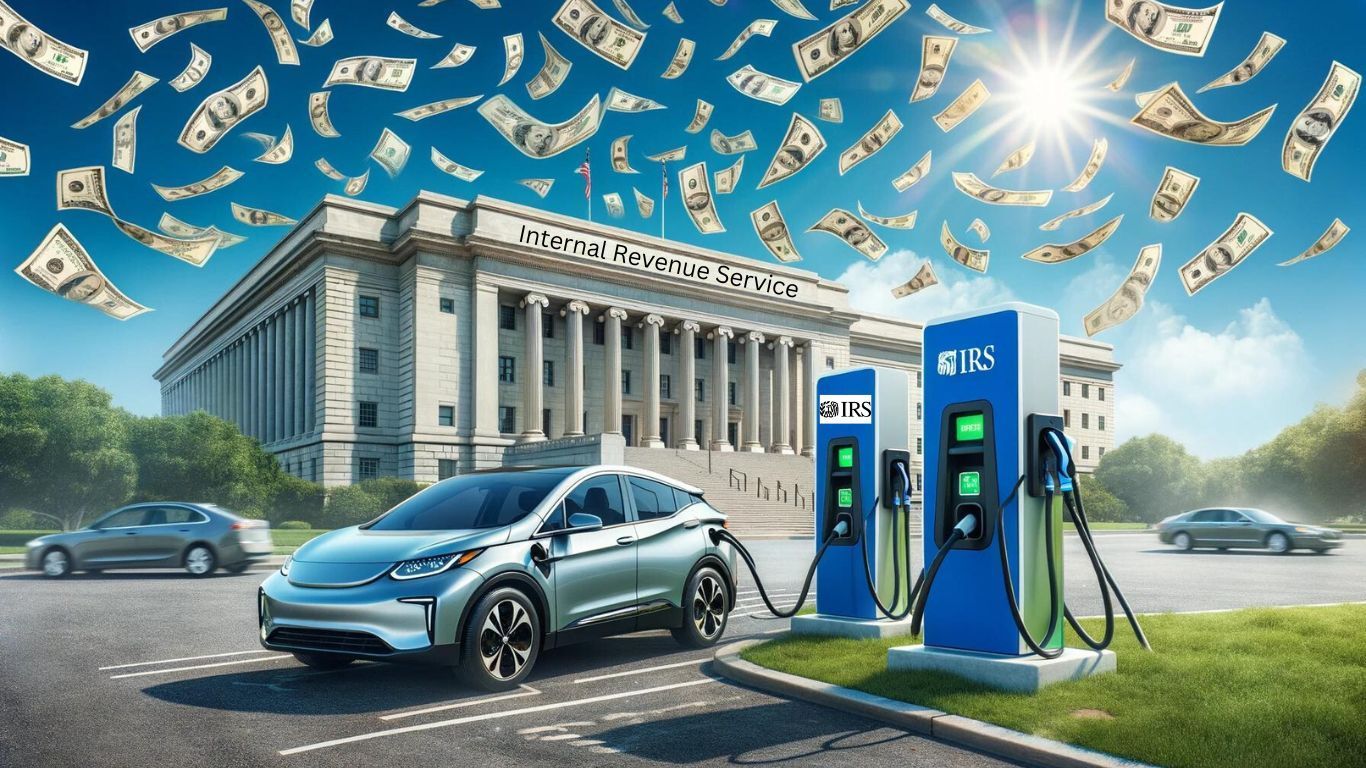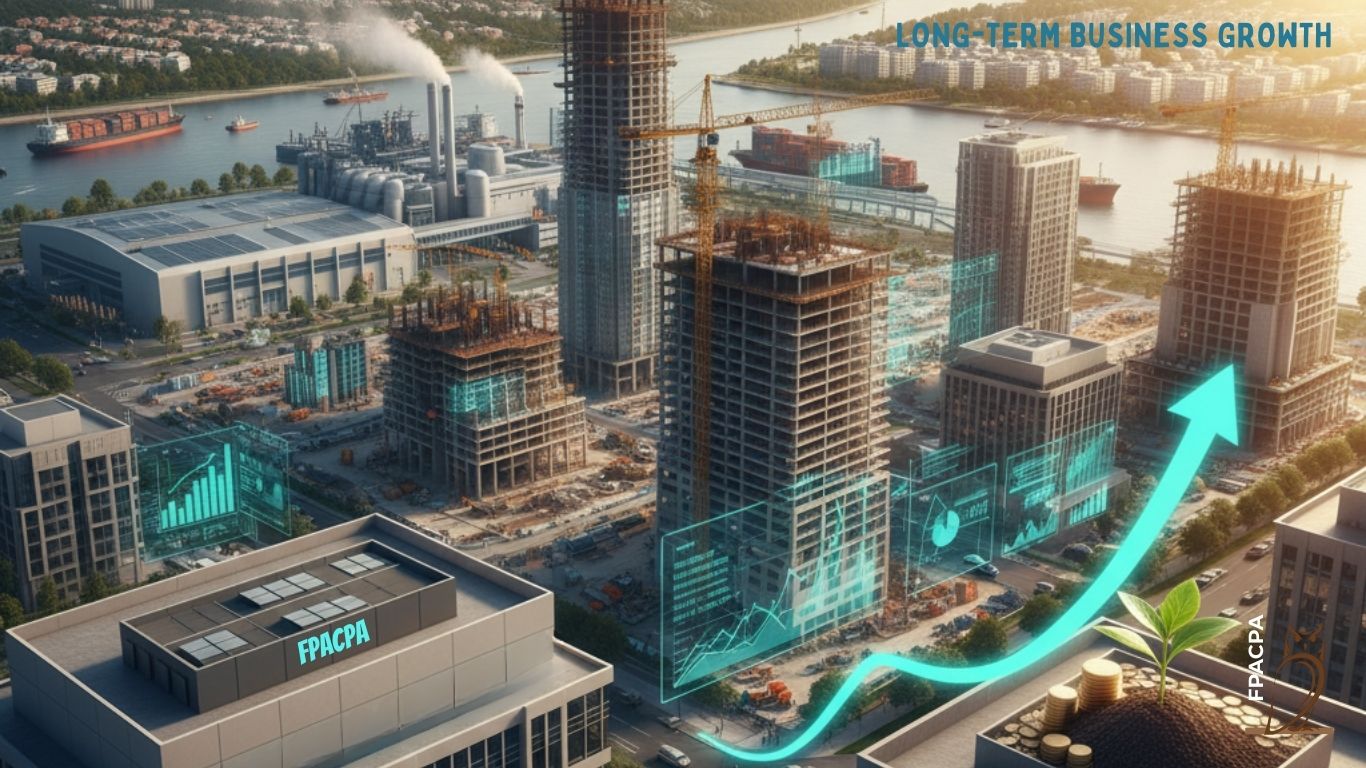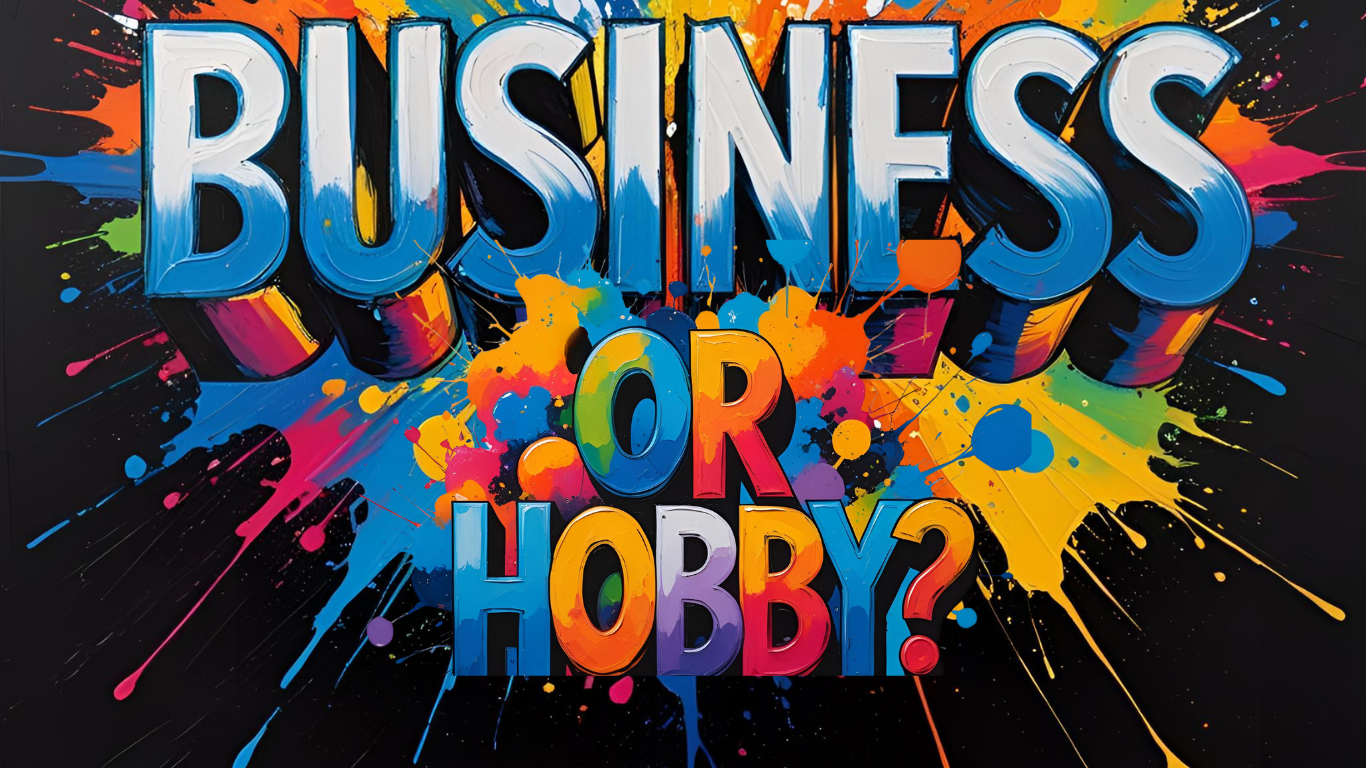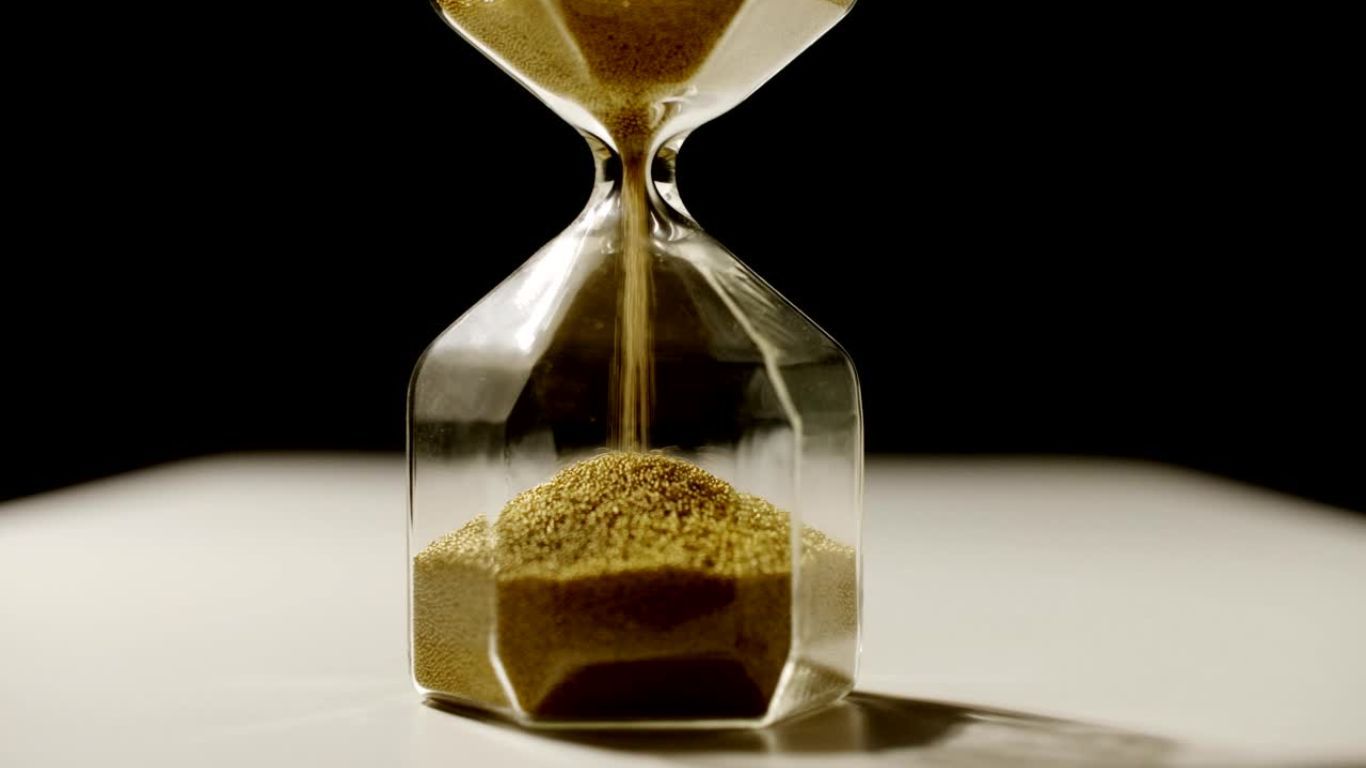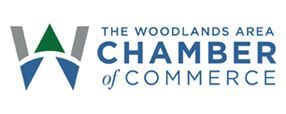Questions about Clean Vehicle Credits?
What are the new provisions introduced by the final regulations for clean vehicle credits?
The final regulations introduce the ability for buyers to transfer clean vehicle credits to registered dealers at the point of sale, eliminating the need to wait until filing tax returns. They also specify new requirements for critical minerals and battery components for new clean vehicle credits.
How much credit can be claimed for a new clean vehicle?
Under the Inflation Reduction Act of 2022, a maximum credit of $7,500 can be claimed for a new clean vehicle. This is split into $3,750 for meeting critical mineral requirements and $3,750 for meeting battery component requirements.
How much credit is available for previously owned clean vehicles?
For previously owned clean vehicles, a credit of $4,000 is available if the vehicle's sale price is $25,000 or less.
What is the new test introduced for mineral content in clean vehicle credits?
The new test, called the "traced qualifying value add test," requires manufacturers to perform detailed supply chain tracing to determine the value-added percentage for the extraction, processing, and recycling of critical minerals.
How have the final regulations impacted upfront savings for consumers?
The regulations have led to the transfer of over 100,000 credits at the point of sale this year, resulting in more than $700 million in upfront savings for consumers.
What is FEOC compliance and what does it entail?
FEOC (Foreign Entity of Concern) compliance involves ensuring that battery components and applicable critical minerals do not come from entities of concern. The regulations outline definitions, due diligence requirements, methods for determining compliance, and a reporting and review process.
How can a buyer transfer the clean vehicle credit to a registered dealer at the point of sale?
The buyer can transfer the credit by working with a dealer who is an eligible entity to receive advance payments for transferred credits. The specifics of this process would be handled by the dealer according to the final regulations.
How does the traced qualifying value add test work in practice for manufacturers?
Manufacturers must conduct a detailed supply chain tracing to determine the value-added percentage for critical minerals through extraction, processing, and recycling. This process ensures the minerals used qualify under the new regulations.
What steps do dealers need to take to become eligible entities to receive advance payments of transferred credits?
Dealers must follow the process outlined in the final regulations to become eligible entities. This may involve registration, meeting specific criteria, and adhering to the IRS’s requirements for handling advance payments.
How will the IRS and the Energy Department ensure compliance with materials sourcing requirements?
The IRS, with analytical assistance from the Energy Department, will review documentation and certifications provided by manufacturers. This review process aims to ensure an accurate representation of battery contents and compliance with sourcing requirements.
What happens if a manufacturer makes a mistake in the information provided on vehicle eligibility?
According to the final rules, taxpayers will not be penalized for mistakes made by manufacturers in the information provided on vehicle eligibility, ensuring protection for consumers.
